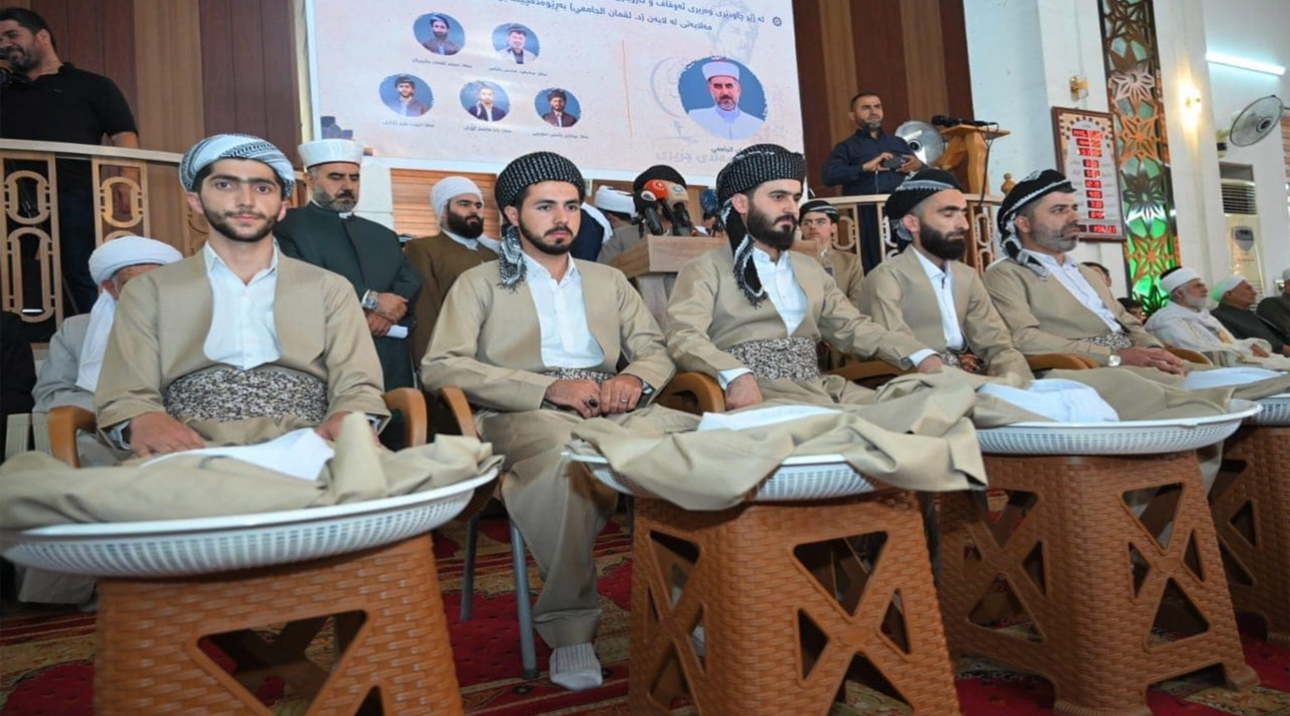Religious reform, in its simplest meaning, refers to the process of reviewing and changing religious beliefs, practices, or institutions, with the aim of returning them to their original form within that religion, or improving and adapting them to the new needs of different eras and various societies. However, carrying out this process is not as easy as this initial introduction suggests. Especially since for believers of any religion, the established doctrinal foundations and core moral values of their religion have a kind of truth and self-evidence that cannot be easily modified or changed, because the source of these foundations and values are either divine revelation and commands from God and His messengers (as in heavenly religions), or a kind of undeniable historical sanctity (as in earthly religions). Therefore, the issue of reform in any religion, from the perspective of its believers, is a difficult and to a large extent dangerous matter.
But outside the perspective of believers, whatever the source of religious principles and values may be, divine revelation or historical sanctity, they ultimately enter the realm of practice and implementation through human hands and according to human interpretations of these principles and values. It is humans who, according to their understanding of religious texts and according to the circumstances of the place and time in which they live, turn the principles and values of a religion into a way of life and a source of legitimacy for their behaviors and religious and worldly institutions.
Hence, although the source of any religion may be divine, the implementation of that religion and its practice by its believers is an entirely human and sociological act, which may, with the passage of time and depending on the different places of practice, cause the current opinions, practices, and institutions of that religion to experience failure, stagnation, and obsolescence. Then either it must give up its existence in the face of new ideas and values, or it must, through reform and renewal of its previous interpretations and understandings of its religion, revive and continue its religion.
Therefore, the issue of religious reform is the issue of reviewing human interpretations and understandings of religious principles and values, and the issue of renewing how they are implemented and practiced by humans, in order to correct and adapt them according to the new needs of the place and time in which they live.
In relation to Islam, besides the fact that the religion itself considers itself as a continuation and renewal of many of the heavenly religions before it, and promises its believers the coming of a renewer at the beginning of each century; also during the past several recent centuries, several Islamic thinkers and movements have worked on reform and renewal for some of the interpretations and established practices among the believers of this religion itself. If at the end of the nineteenth century and the beginning of the twentieth century, the weakening of the then religious political institution (Ottoman Caliphate) and confronting the oppression of colonialism and the massive spread of modern culture in Muslim societies were the reasons behind the emergence of the theses of (Tahtawi, Afghani, Abduh, and Muhammad Rashid Rida), then at the end of the twentieth century and the beginning of the twenty-first century, the escalation of religious extremism and terrorism in the world, the failure and oppression of some of the current religious regimes in the region, the exposure of Muslim societies to the rapid waves of the information revolution and contemporary technology, are the sources of legitimacy for current reformist Islamic discourses.


